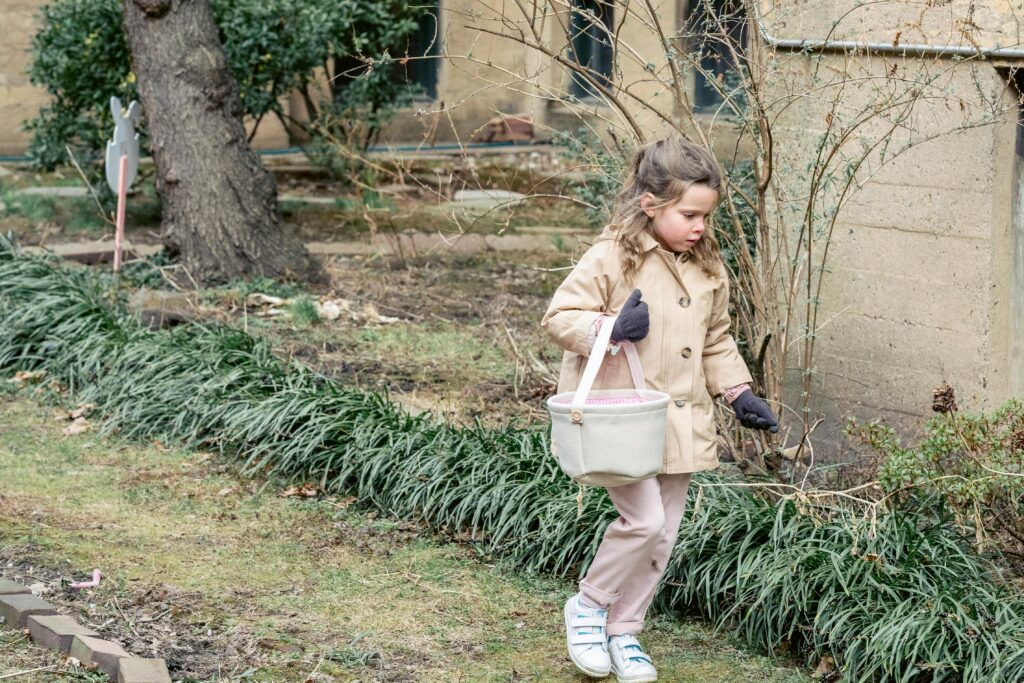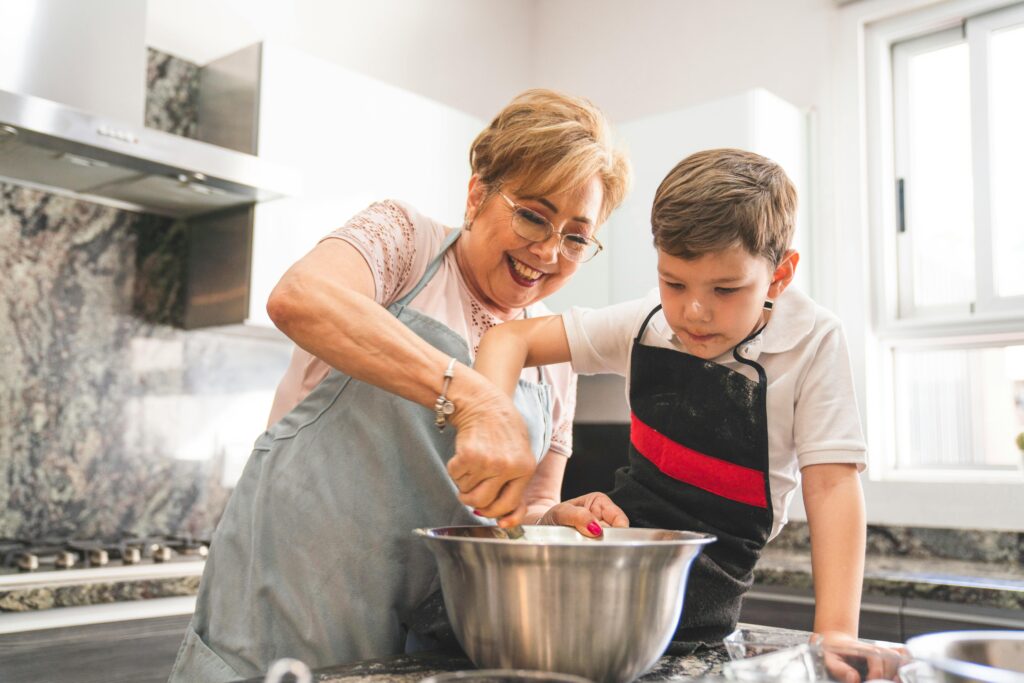When a child reaches the preteen phase, a lot changes in the lives of the parents and the child. As you see the changes unfold in your child’s behavior at this phase of life, instead of getting anxious or upset, accepting the change and learning how to connect better with your little one could help you and your child navigate this phase without complaints.

Preteens need guidance and support from parents. But at times they avoid asking for help and try doing things independently. In such situations, do not force your child or repeat your suggestions. Try maintaining a balance and knowing when to let go. Here are some ways of connecting better with your preteen and getting to know their feelings and aspirations.
Understanding Your Preteen
As your child is changing emotionally, physically, and socially, he/she may try to push the limits you’ve set. You must know that it’s okay for your child at this point, to do certain simple activities independently.

Be willing to listen to your preteen’s feelings, opinions, and experiences without jumping to a conclusion immediately. This will help you understand his/her perspective and guide or respond nonjudgmentally.
Here’s an article from my blog to help you know about listening and responding better to your child’s feelings: Listening to your child
Knowing when to step in and step back
It’s not right to step aside entirely from parental involvement at this stage. However, it is not essential to engage or be involved in each aspect such as packing bags, daily chores, or caring for pets.

Help them develop problem-solving skills by not offering solutions to every problem they share with you. Rather, guide, support, and encourage them to make the right decisions. Teach them basic skills such as money management and do not keep them from learning decision-making and problem-solving by overreaching and involving yourself in every situation.
Your availability
Amid your busy schedule in the fast-paced world, make it a priority to stay available to your preteen. Ensure that when your children are in need, they have caring and listening parents available to talk with.

Quality time with parents that doesn’t involve distractions is what they need the most from parents. If you’re reluctant to invest time in your parenting journey, the quality of your bond with your children could be damaged eventually.
What’s the first thing that you do when you reach home? Do you set aside a few moments to spend with your children and know how they are feeling?
Although it’s demanding to make time when you’re exhausted, the sacrifice you make at this phase will reward you with a stronger connection with your preteen and you will be glad you could make some time for your child.
Being critical or judgmental
Although parents don’t intend to be critical, the message conveyed with good intentions could sometimes be more judgmental than intended. Not criticizing doesn’t mean you will unconditionally accept everything that kids do.

Correcting your preteens without damaging their self-respect or your bond with them is crucial for a good parent-child bond. It helps develop trust and keeps your child from hiding things from you.
Avoid misunderstanding by not indulging in sarcasm or quick judgments. Listen patiently, respond calmly, and correct them with constructive criticism that helps them understand your perspective.
Show interest
Give attention to your preteens’ ideas and opinions when he/she is expressing them without being glued to the screen or keeping your focus elsewhere.

Unplug and go out together for a walk or involve your child in some baking or cooking in the kitchen. Make use of this time to connect. It’s alright if your child’s perspective is different from yours. Do not show disappointment over the difference.
Being there to listen and understand is more important than listening to reply or judge. Appreciate your child, and show that you care. Plan family time like having a family meal, or watching a TV show, and use this time to bond with each other.
To know more about what keeps families together, here’s a video with useful tips: What keeps families together?
How do you manage to connect with your preteen? Do share your ideas in the comments.





It’s great to see more written about pre-teens as I feel like this stage is not often talked about—although I’m not a parent, so I could very well have overlooked this. As a teacher it was an interesting age to see the changes and how best to connect with them. Thanks for sharing this!
You’re welcome!
As you said, it’s an interesting age to see changes. Connecting with preteens is essential to have a healthy bond, and also to understand and guide them better.
Thank you for sharing these important tips. I think it is crucial that we do everything we can to properly guide our children and let them know that they feel comfortable and open enough to come to us for guidance and emotional support.
Making preteens feel comfortable to approach us for guidance and emotional support is crucial as you’ve said. It strengthens your bond with them and fosters trust in the relationship.
Pingback: Connecting With Your Preteens In 5 Ways – Natural Goodness
Pingback: 4Tips To Handle Parenting Challenges - Natural goodness
Pingback: 5 Challenges of Tweens That Need Attention - Natural goodness